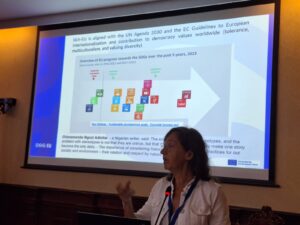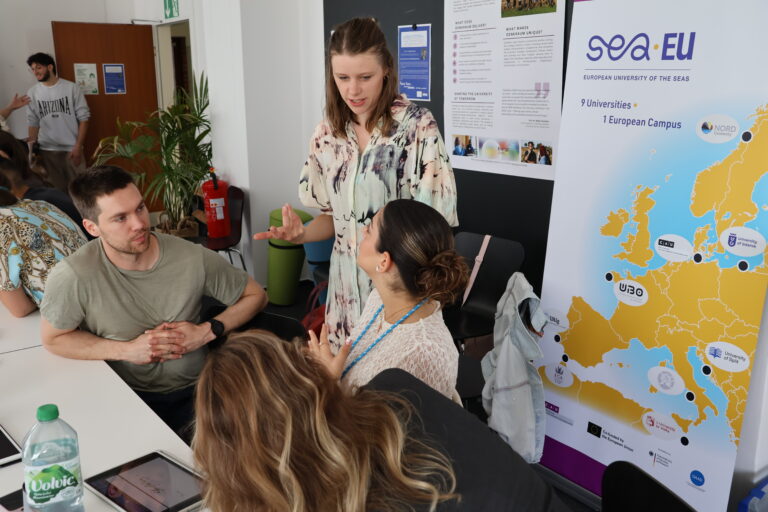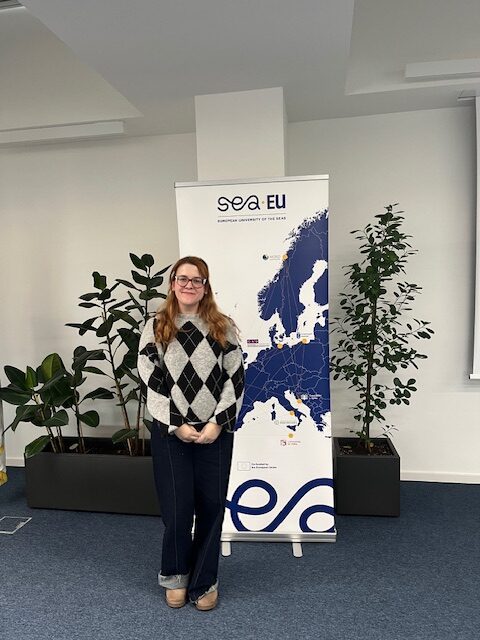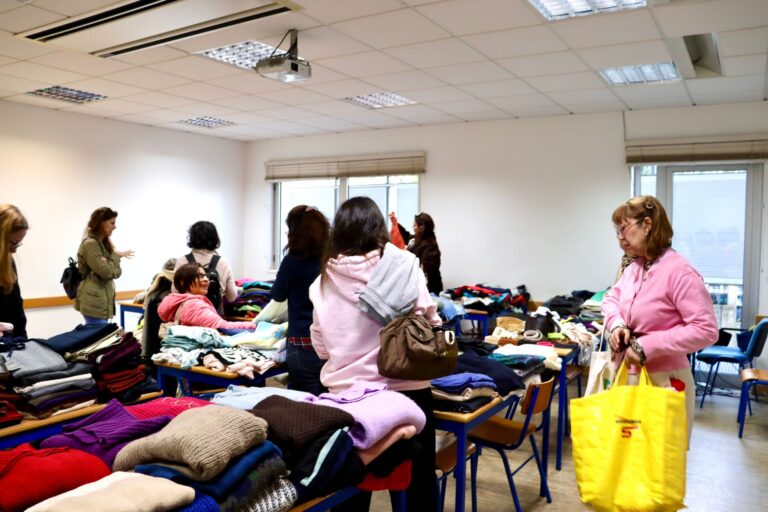The Faculty of Medicine at the University of Cadiz recently hosted the International Staff Week titled “Navigating LiderAfrica: Calls, Procedures, and Tools for your University.” This event was tailored for staff from African LiderAfrica partner universities involved in managing and organizing mobilities. The week-long activity aimed to provide comprehensive insights into the LiderAfrica initiative and the management mechanisms and procedures essential for executing funded projects.
One of the significant highlights of the event was the session held on Thursday, July 11th, at the Salón de Grados, focusing on “Stakeholders and Planning Ahead.” The session, which began at 9:30 AM, featured Fernando Pérez Peña, the Director of International Projects and Cooperation at the University of Cadiz, who discussed the university’s cooperation and international project office.
Following this, at 10:00 AM, a pivotal meeting with key stakeholders took place. Notably, Alexandra Teodosio, the Vice-rector of Internationalization at the University of Algarve and a prominent figure in the SEA-EU (The European University of the Seas) alliance, was present. Her involvement underscored the collaborative ties between the SEA-EU alliance and the LiderAfrica initiative. Teodosio’s presence fostered greater cooperation and exchange of best practices in internationalization and mobility management.
She was joined by Juan Jaime, the Head of Cultural and Educational Affairs at Casa África, and Eva Mena, the Director of CEIMar, with the session being conducted by Inmaculada González Pérez, the Vicerrector of Internationalization and Cooperation at the University of La Laguna.
The International Staff Week served as a critical platform for sharing knowledge and building networks that will enhance the management of mobility calls, procedures, and tools within the LiderAfrica Consortium. The participation of distinguished stakeholders like Alexandra Teodosio emphasized the strategic importance of international cooperation and the role of initiatives like SEA-EU in supporting educational and cultural exchanges between Europe and Africa.




